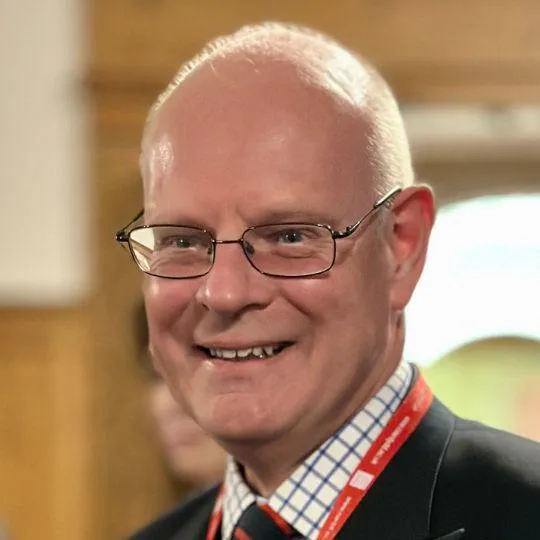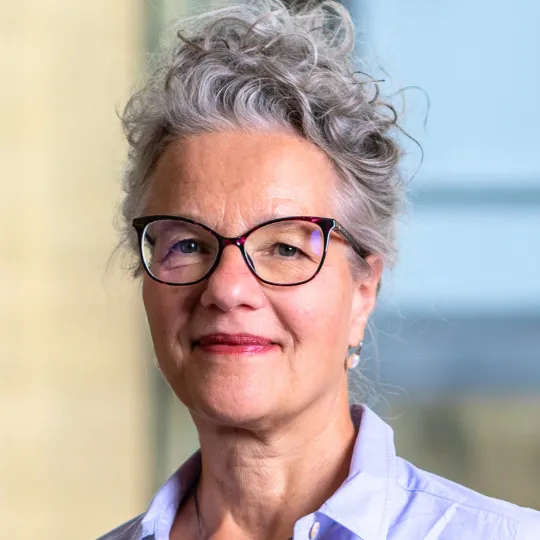04 May 2022
Research and resources from the Defence Studies Department have provided a pioneering approach to military ethics education.
Effective training to build awareness of ethics and moral decision-making in military personnel is a vital way to reduce suffering and save lives within conflicts. Yet, despite widespread aspirations to educate on this issue, the shifting ethical landscape of warfare and the lack of appropriate tools have prevented many states from being able to deliver effective teaching.
Pioneering research from the Defence Studies Department at King’s College London has offered a radically innovative approach that has been hugely important in expanding previously non-existent education of military ethics on a global scale. Using online and face-to-face educational packages, translated into multiple languages, and reaching soldiers across 162 countries, the research and subsequent training materials have been vital in establishing widely accessible military ethics education and strategy across the globe.
Led by Professor David Whetham, Professor Martin Bricknell, and Dr Andrea Ellner, the research included reviews of existing training materials, surveys, and interviews with military personnel. The analysis drawn from this underpinned that training in ethical decision-making is more effective when taken out of conventional teaching environments and tailored to varying target audiences. Researchers recognised that bridging the gap between what was needed and what was provided in military ethics training was a key priority. The team used their extensive knowledge of the field to dissect the content of education provided, with one of the key findings demonstrating that dialogue and reflection-based training led to greater engagement with ethical training, instead of relying on binary ‘right’ or ‘wrong’ options for specific situations.
Their research also highlighted the profound gap in ethical education to provide effect decision-making support for military medical personnel, who are having to make life-and-death decisions in extreme situations more frequently. Findings from the research uncovered a “range of profound ethical challenges faced by health workers in crisis situations and a real gap in training and material to support decision-making in this environment.”
The team developed an innovative and globally available new approach to ethics training including online modules, the development of targeted curricula, and the creation of Military Ethics Playing Cards and Military Medical Ethics Playing Cards. Taking the form of a dialogical game, these aim to challenge traditional methods and prompt engagement and reflection on ethical issues, and have also been extended into apps to reach a wider audience base.
The resources have been a widespread success, with one military trainer describing the cards as “by far the best resources for generating conversations about ethics”. Since its launch in 2016, the online resources have been accessed by over 40,000 unique users from 172 different countries, with over 72,000 hours of video content and answered over 275,000 questions on military ethics worked through. The playing cards have been distributed on a global scale, including to Australia, Brazil, Brunei, China, Colombia, Jordan, Netherlands, Oman, Romania, Serbia, USA, and the UK.
The materials have been adopted by military systems such as the Romanian Staff College, Australian Special Operations, US Military Chaplains, the Australian Command and Staff College, and the Colombian military.
Since the original impact submission, a parallel package of material for teaching military healthcare ethics has been rolled out to UK and international audiences including NATO, United Nations, Canada, Greece, and Ghana. The team are expert advisers to the UK Defence Medical Services Ethics Committee, the NATO Military Healthcare Working Group and the NATO Human Factors in Medicine Panel.
King’s researchers have increased awareness of ethics training and transformed military curricula so that the field of ethics is now considered a vital element in military training. Consequently, figures within the Special Air Service (SAS) and the Army Medical Services have confirmed that the impact can be seen in the recent capacity of many military personnel to evaluate complicated situations and actions – making the decision-making process more ethical, and, vitally, saving “a great many lives”.



